The history of science allows us to examine the cultural importance of scientific ideas, discoveries, and methods. The Royal Society supports activities in the history of science and related disciplines by making available resources and funding, by celebrating history through awards, and in hosting public events. We encourage academic partnerships with universities and other scholarly institutions, to investigate under-researched topics in the history of science through our collections. This is intended to give context and additional depth to the Society’s scientific output, to ponder and debate the repercussions of scientific discoveries, ideas, and methods, and to inspire wider audiences.
History of science
The Royal Society uses its unmatched historical collections as a resource for the academic study in the history of science and other disciplines, and as a source of inspiration for the wider public.
The Society’s interest in historical and biographical matters is longstanding. The first issue of Philosophical Transactions (1665) contained a notice of the lately deceased mathematician Pierre de Fermat and his library. Just seven years after its foundation, Thomas Sprat composed The history of the Royal-Society of London (1667). The book applauded the newly minted organisation and described its experimental work and ambitions to that date. Throughout its later history, whether in the display of historical instruments at Victorian soirées, or in the commemoration of its Fellows within the annual Presidential Addresses, the Society has looked to its past, as well as to the future of science.
Today, the core resource for history of science at the Royal Society is the rich collections of books, manuscripts, pictures, and museum objects, built up during the 360 years of its existence. These are preserved and made available to researchers in specially maintained reading room facilities within the Society’s London headquarters. The collections are accessible through online catalogues and through ongoing digitisation programmes of both individual manuscripts, and larger archives to enable remote access with high levels of discoverability.
Scholars are encouraged to submit the results of their research to the Society’s journal on the history of science Notes and Records which has been published since 1938; while our scientists are the major contributors to Biographical Memoirs of Fellows of the Royal Society, standard essays on the lives of Fellows, which can trace its origins back to 1830.
Significant contributors to science in the humanities are celebrated by one of the Society’s annual medals, the Wilkins-Bernal-Medawar award and lecture, which welcomes nominations from candidates’ peers in the fields of history of science, philosophy of science, and the social impact of science.
Find out more about the Wilkins-Bernal-Medawar award and lecture.
For general audiences, the Society hosts regular events with historical components. These range from formal history of science conferences and workshops, to entertaining ‘Lates’ events throughout the year, including during our showcase Summer Science Exhibition and Open House weekend. The Society produces its own exhibitions, but also encourages external museums and galleries to explore local themes via loans, and by applying for the small grants of the Places of Science scheme.
Lisa Jardine grant awards are available for early career researchers intending on interdisciplinary study at the Royal Society Library and beyond. The Society hosts PhD students, many through Collaborative Doctoral Partnership awards schemes funded by the Arts and Humanities Research Council. We welcome applications on topics of contemporary relevance, most notably as part of the Science Museums and Archives Consortium (SMAC) with the Science Museum Group, and others.
Read more on our Research in the collections page.
History of science blog posts
View all posts
Vida Milovanovic
In History of science
4 min read
Smeaton's beacons
Vida Milovanovic discovers a fascinating connection between lighthouses and the Royal Society.
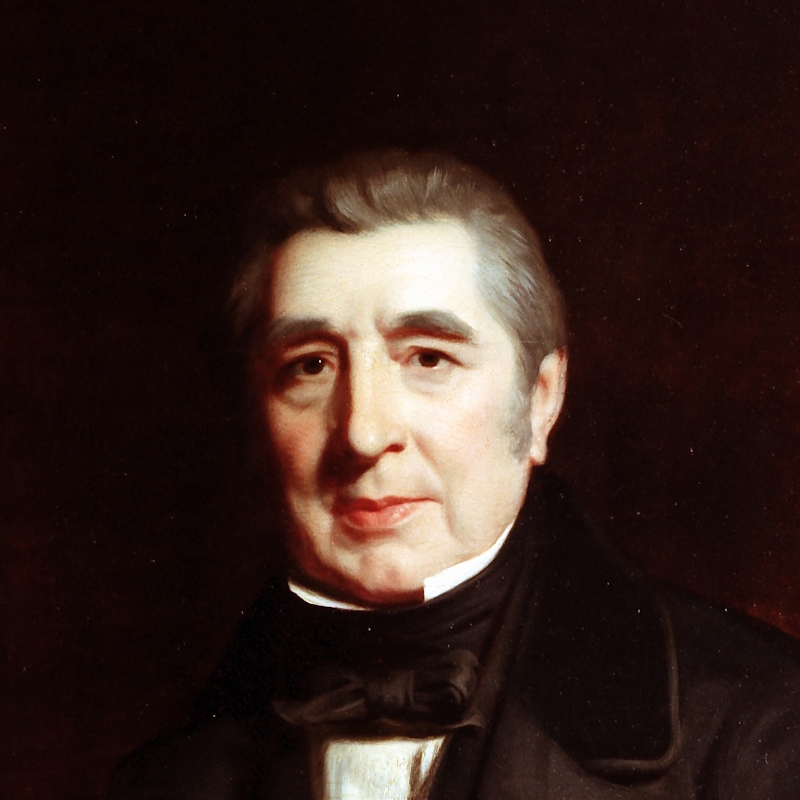

Ainsley Vinall
In History of science
6 min read
Out of the picture
Intrigued by a portrait that was briefly part of the Royal Society’s collection, Ainsley Vinall…
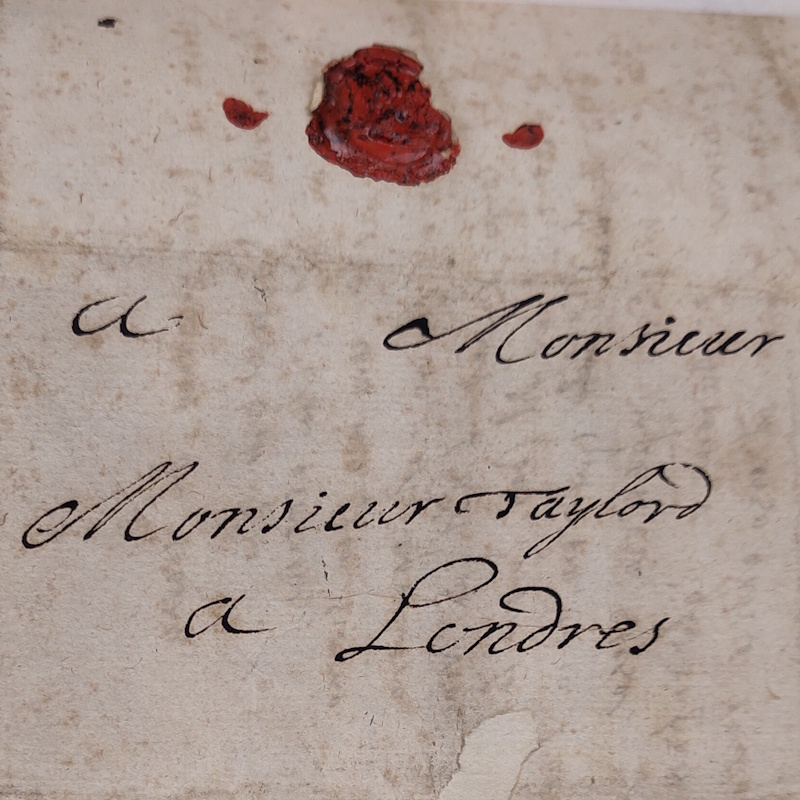

Louisiane Ferlier
In History of science
5 min read
Brook the broker
Louisiane Ferlier's cataloguing of a volume of Brook Taylor correspondence at the Royal Society…
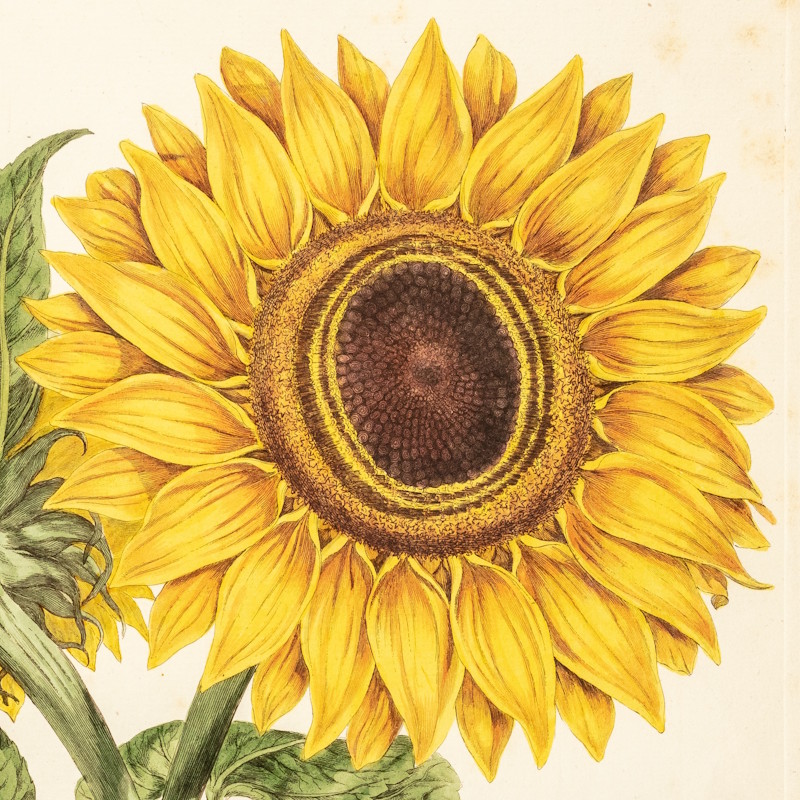
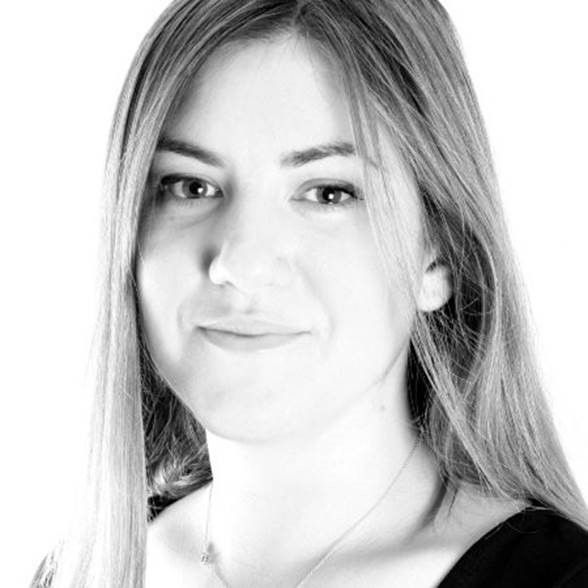
Katherine Marshall
In History of science
3 min read
Church spirals
Katherine Marshall takes a look at the work of Arthur Harry Church FRS on phyllotaxis, or…
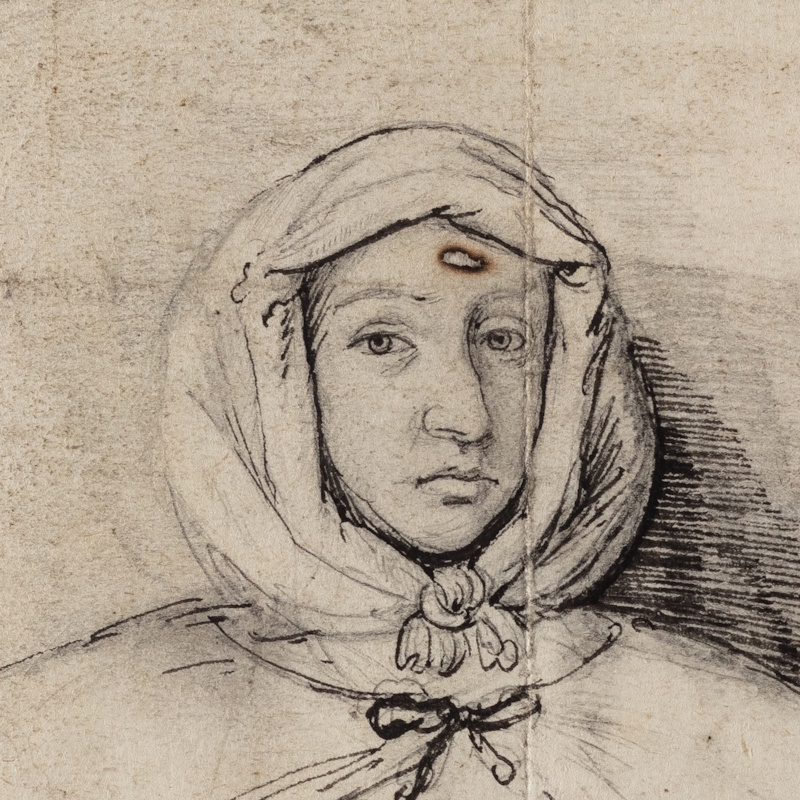
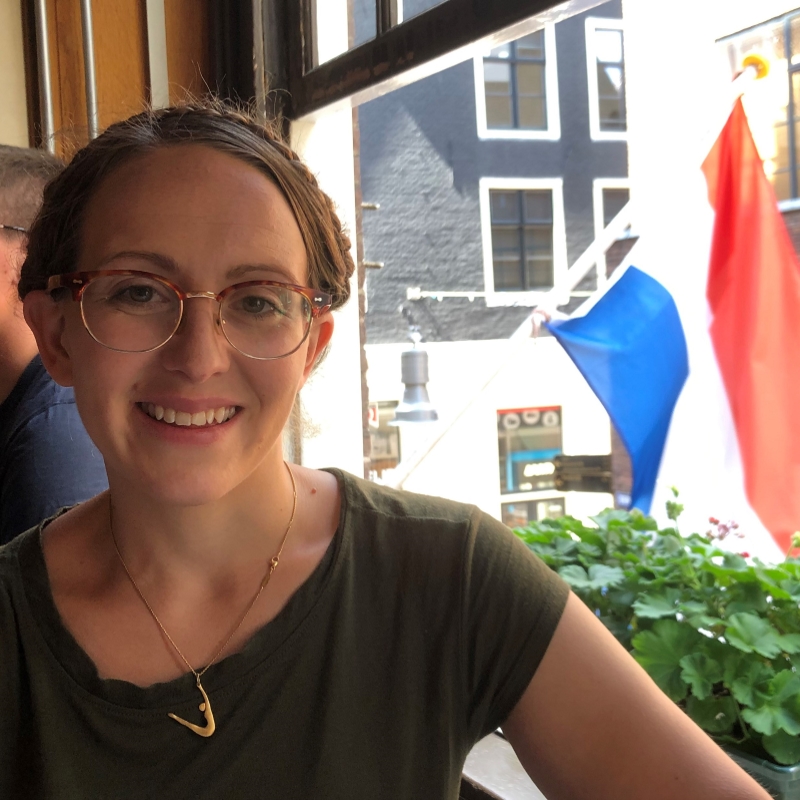
Virginia Mills
In History of science
4 min read
The admiration of all people
Virginia Mills looks at two medical case studies in the Royal Society’s Philosophical…






